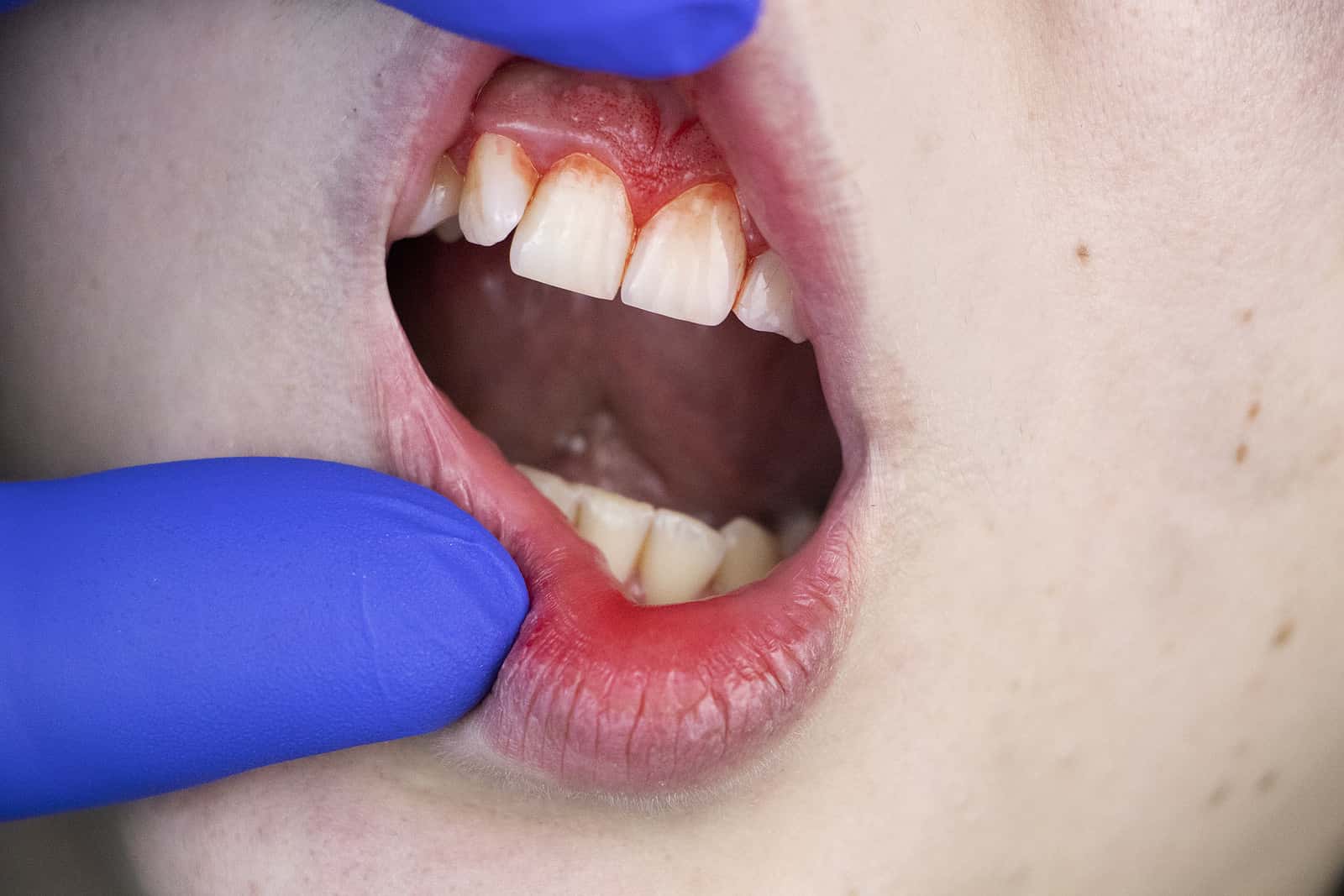
Doctors have been prescribing statin drugs to lower cholesterol for more than 30 years. Drugs such as simvastatin and rosuvastatin lower cholesterol very effectively. Consequently, millions of people take them in an effort to lower their risk for heart disease. However, over the decades researchers have uncovered some side effects that they did not initially suspect. Could gingivitis be among them?
Do Statins Contribute to Gingivitis?
Q. As a dental hygienist, I was intrigued to read your article about a connection between statin use and susceptibility to soft tissue infections. I wish the researchers would do a study of statins and the mouth microbiome.
Bacteria in the mouth cause inflammation and gingivitis. People with diabetes or heart disease are more susceptible to this condition. Could statin use contribute to gum disease?
A. You have asked a challenging question, even though it may seem simple. Very little research addresses it precisely.
The study you refer to was conducted by Australian researchers (British Journal of Clinical Pharmacology, Oct. 8, 2019). Using a database of veterans and war widows that covered 12 years, the scientists found that people taking statins were 40 percent more likely to develop skin and soft tissue infections (SSTIs) due to Staphylococcus aureus. They suggest that cholesterol-lowering statins inhibit crucial immune system cells, leaving patients more vulnerable to infection.
Statins and Oral Health:
Scientists do not know whether people taking statins are more likely to develop gum disease (gingivitis). However, drugs like atorvastatin (Lipitor) reduce blood levels of the essential nutrient coenzyme Q10 (CoQ10) (JAMA Neurology, June 2004). CoQ10 deficiency has been linked to gingivitis (Journal of Clinical & Diagnostic Research, Aug. 2015). Consequently, statins might increase the chance of gingivitis by reducing CoQ10.
Statins Increase the Risk for Diabetes and Possibly Gingivitis:
People taking statins have higher blood glucose and a greater risk of developing diabetes. As you point out, increased blood sugar seems to promote bacterial overgrowth in the mouth. This, in turn, could also contribute to gum disease. One study noted a link between statins and periodontitis (International Journal of Environmental Research and Public Health, Jan. 18, 2021).
Statins Lower Inflammation:
On the other hand, statins also reduce inflammation. In fact, a recent review found that statins appear to improve oral health, including gingivitis (Journal of Translational Medicine, April 6, 2020). Although we do not know the final word on this topic, taking a CoQ10 supplement might help and is unlikely to do harm.
Citations
- Ko HHT et al, "A sequence symmetry analysis of the interrelationships between statins, diabetes and skin infections." British Journal of Clinical Pharmacology, Oct. 8, 2019. https://doi.org/10.1111/bcp.14077
- Rundek T et al, "Atorvastatin decreases the Coenzyme Q10 level in the blood of patients at risk for cardiovascular disease and stroke." JAMA Neurology, June 2004. doi:10.1001/archneur.61.6.889
- Manthena S et al, "Effectiveness of CoQ10 oral supplements as an adjunct to scaling and root planing in improving periodontal health." Journal of Clinical & Diagnostic Research, Aug. 2015. doi: 10.7860/JCDR/2015/13486.6291
- Pajak-Łysek E et al, "Associations between pharmacotherapy for cardiovascular diseases and periodontitis." International Journal of Environmental Research and Public Health, Jan. 18, 2021. DOI: 10.3390/ijerph18020770
- Tahamtan S et al, "The effects of statins on dental and oral health: a review of preclinical and clinical studies." Journal of Translational Medicine, April 6, 2020. DOI: 10.1186/s12967-020-02326-8

